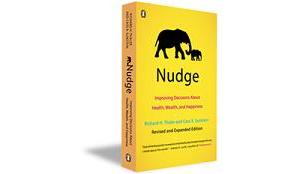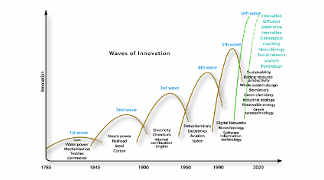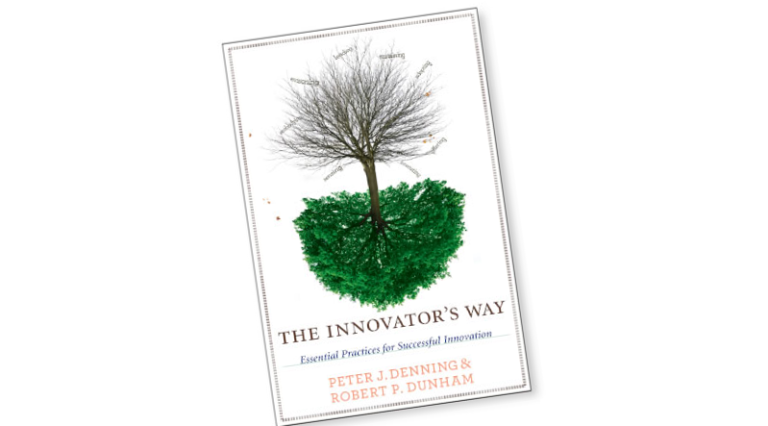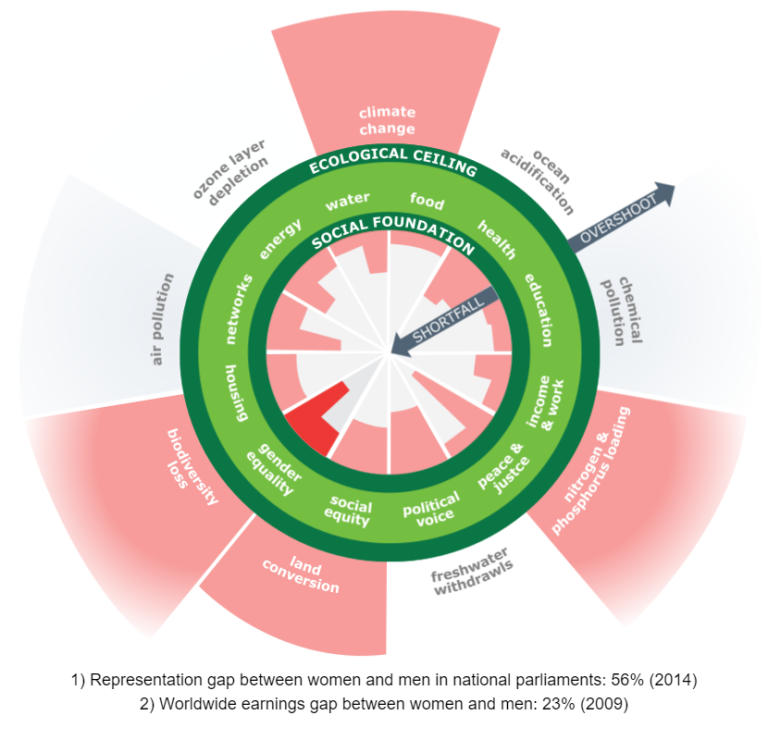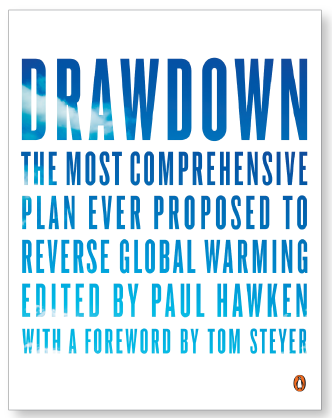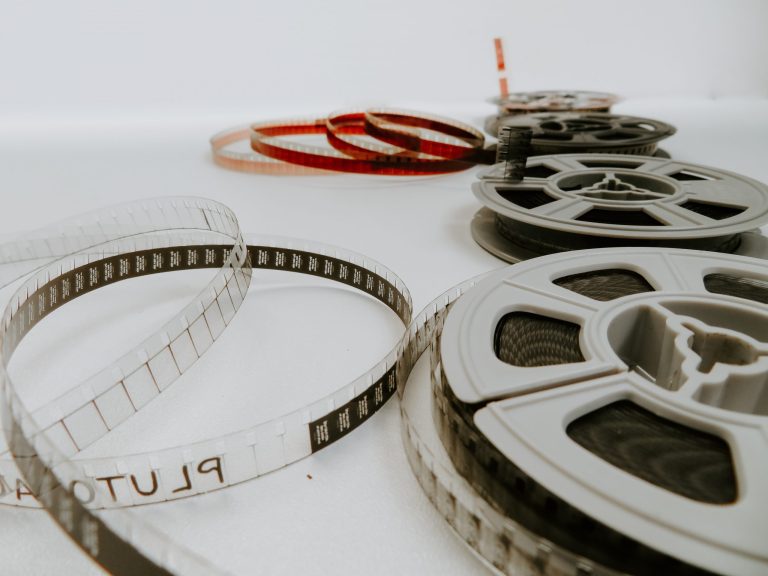Nudging sustainability into action
“…as human beings, we all are susceptible to a wide array of routine biases that can lead to an equally wide array of embarrassing blunders in education, personal finance, health care, mortgages and credit cards, happiness, and even the planet itself”. NUDGE, 2008. Richard Thaler with Cass Sunstein
Richard Thaler’s 2017 Nobel Prize for Economics “nudged” me into finally reading the New York Times Bestseller NUDGE on the illogical nature of many default human behaviours.
Thaler proposes that those of us interested in changing human behaviour and systems should learn how to re-engineer them so that it’s easier to make good choices – a process he call “Choice Engineering”.
Many of our choices are engineered
Supermarket designers apply choice engineering all the time, from putting chocolates at the checkout to displaying high-margin items at eye-level while budget brands languish at floor level.
Subscriptions that automatically renew and using a habitual parking space at work are other examples of automatic behaviours that we simply repeat without conscious consideration.
We’re humans, not “econs”
Traditional economics regarded humans as logical decision-makers, who make the best possible decision on the information they have available.
A more up-to-date understanding of human perception, human decision-making and human emotions is that we are busy people struggling to cope in a complex world – a world in which our brains cannot afford the energy to think deeply about every choice we have to make.
For example:
- We operate on rules of thumb, using what we know to estimate what we don’t know. In a bargaining situation, the setting of a high initial price sets a scale for the end price.
- We assess risks on the information that’s most available and most recent, not on the actual level of danger. Flood insurance gets a boost just after a flood – but that drops over time.
- We hate losses more than we love gains. So an operation that has a “90% success rate” sounds a whole lot better than one that has a “10% failure rate”.
- We’re generally over optimistic about our capabilities. Most of us think that we’re “better than average drivers” – regardless that “average” is a statistical measure.
- We find it easier to stay with the status quo than make a change. Which is why automatic subscriptions work – and an automated savings plan works better than one that requires an active decision each month.
Choice engineering for a sustainable future
Thaler’s books offer examples of systems changes that can ethically nudge people in the direction of choices that will improve their lives.
For anyone interested in sustainability, it’s worth asking how we can ethically nudge people toward better environmental and social choices:
- “What are the choices that we could engineer to increase sustainability?”
- “Where are there powerful targets for choice engineering?”
In one NUDGE example, food waste in canteens was reduced simply by removing trays – so people were limited to what they could carry on a plate.
In a recent UK trial, initial studies indicate that buyer behaviour is changed more when a small extra fee is charged for a disposable coffee cup than when a discount is offered for BYO mug. (Loss avoidance trumps benefit.)
Recycling rates are substantially improved by matching the shape of lid of the recycling bin to what’s being recycled, such as small circles for cans and bottles, slits for paper.
What would nudge Drawdown solutions forward?
Project Drawdown published the first ever research into reversing global warming and shifting to an economy that consumes greenhouse gases using current technology in April 2017.
How could we engineer better choices that shift us towards more beneficial Drawdown actions? What would contribute to better refrigerant gas management, reduced food waste, educating girls, the take-up of silvopasture or eating more vegetables?
WIIFM – or would WAIMOO be more powerful?
If economic decisions were rational, the financial benefits of being sustainable (such as Interface’s $393,000,000 savings) would have started a major industry shift to a regenerative economy decades ago.
Maybe it’s time to try:
WHAT
AM
I
MISSING
OUT
ON (W.A.I.M.O.O) instead ?
After all, there are savings of $74 trillion over 30 years identified by Project Drawdown and private sector opportunities of $12 trillion estimated from delivering on the Sustainable Development Goals. But “look at the opportunity” could be less powerful that “what are you losing in ‘status quo’ thinking?”
Resources
Read Nudging: A Very Short Guide for a quick introduction to the subject.
Watch Thaler speaking on the subject here: Richard Thaler on Behavioral Economics: Past, Present and Future
